The greatest threat to the security and stability of our Internet today is distributed attacks, distributed denial of service attacks in particular. The Internet was built on a foundation of it works because everybody cooperates and we all agree. And that was a great environment when you pretty much could name everybody who was on the Internet, or you got to where you could name all the sites and you know, you could name all the organizations.
Archive
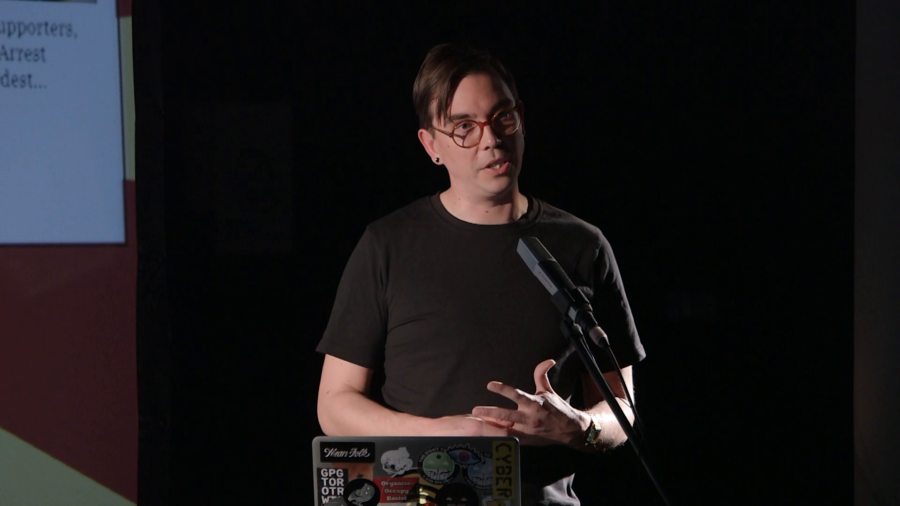
Citizenship, after not thinking about it for a while, feels like something we’re all thinking about quite a lot these days. In the words of Hannah Arendt, citizenship is the right to have rights. All of your rights essentially descend from your citizenship, because only countries will protect those rights.
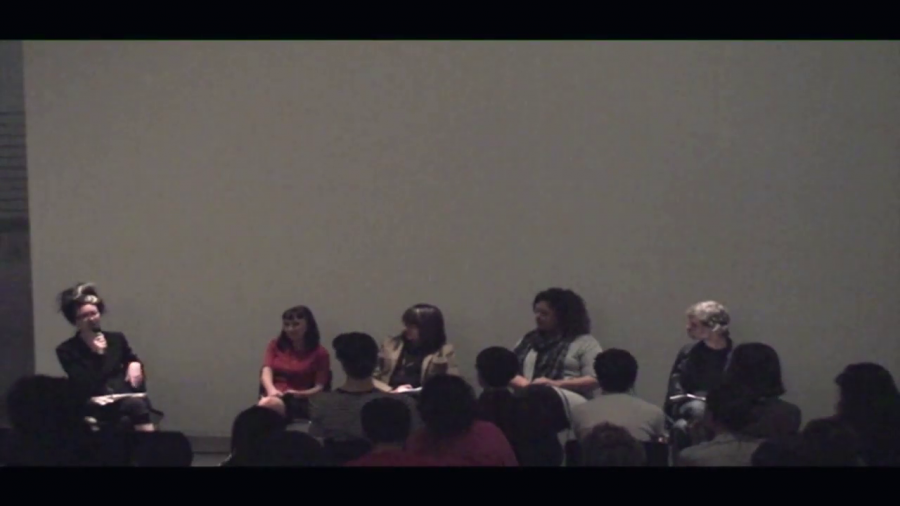
We’re losing our ability to forget the things that should be forgotten. Wait until you try to run for Senate or Congress, some of you in this room, and some pictures or text roll up.
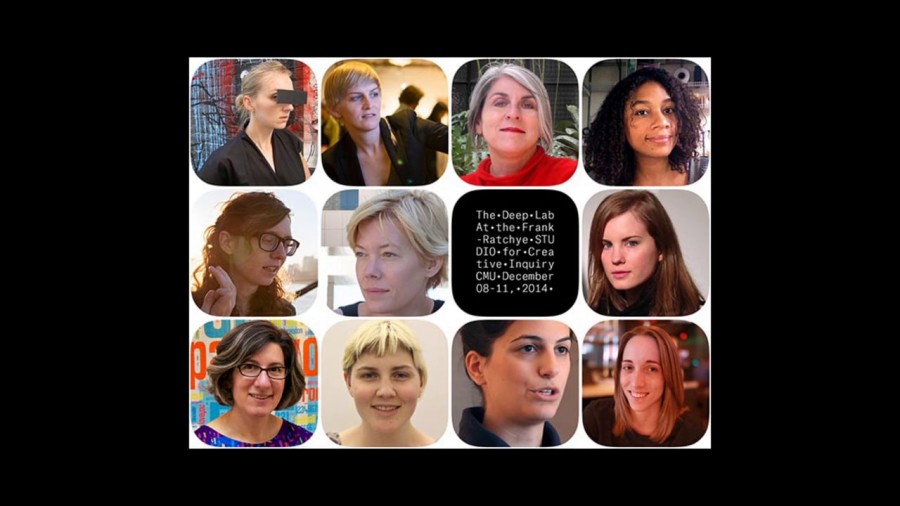
I conceived to invite Addie Wageknecht, who is an American and Austrian artist, who’s been dealing with issues of privacy and security to say, “What would you do?” and she proposed to get a dozen of the baddest-ass ladies that she knew together to brainstorm what it meant to make art nowadays, and to deal with culture.

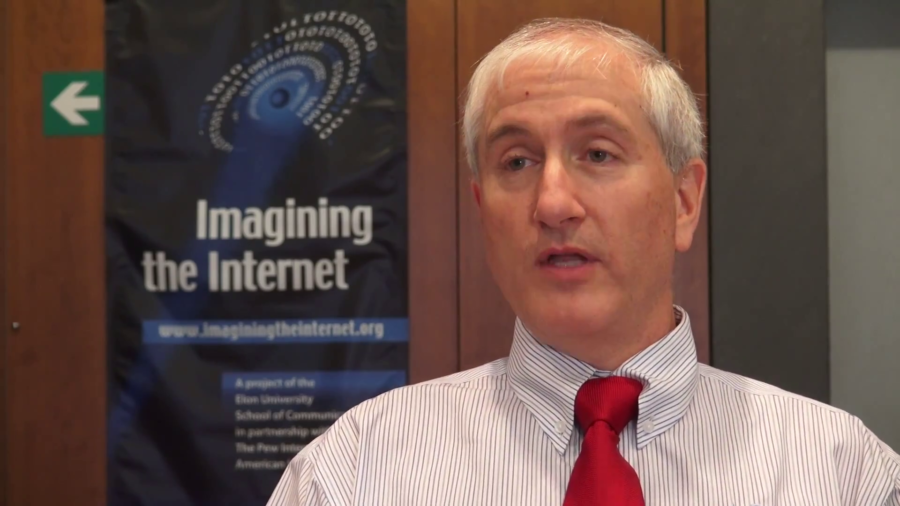
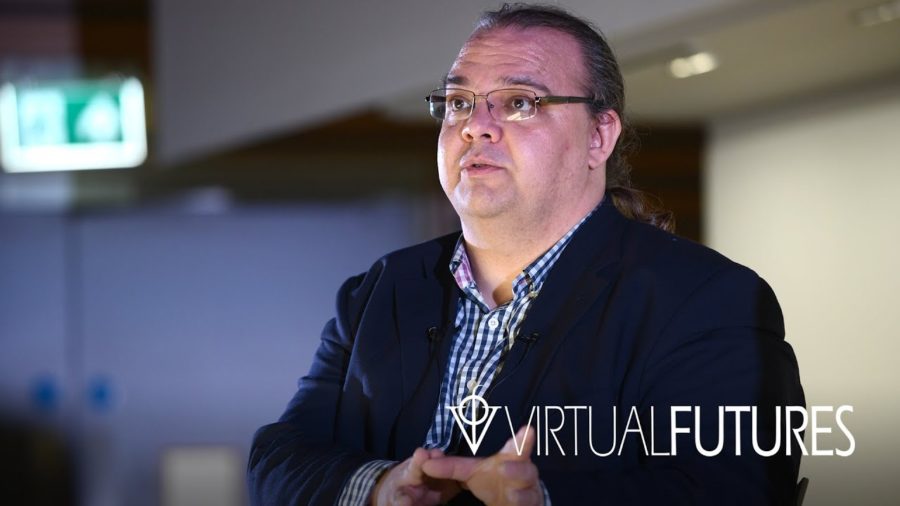
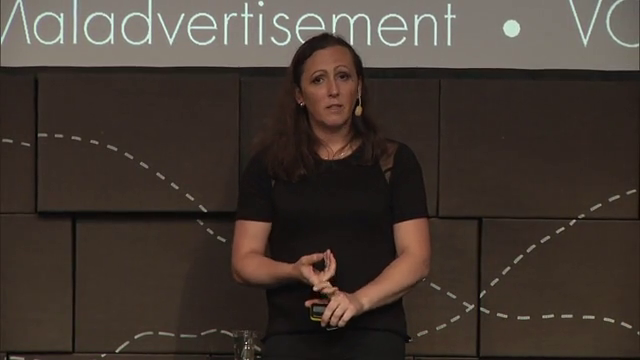
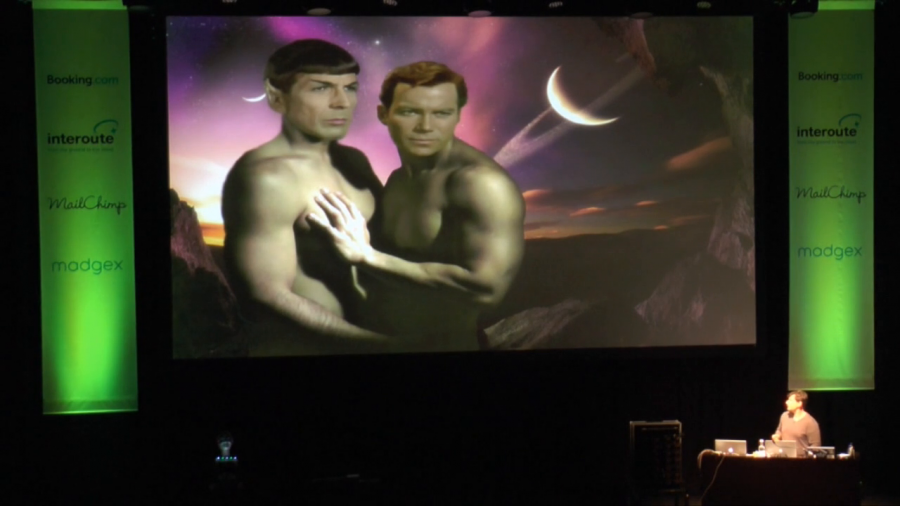
Katherine Cross at The Conference 2015
Simply put, anonymity does not cause harassment. It does play a role, but it’s much much more complicated than most people have made it out to be. The reason that this is important to understand is because it’s having a practical impact on the world right now.